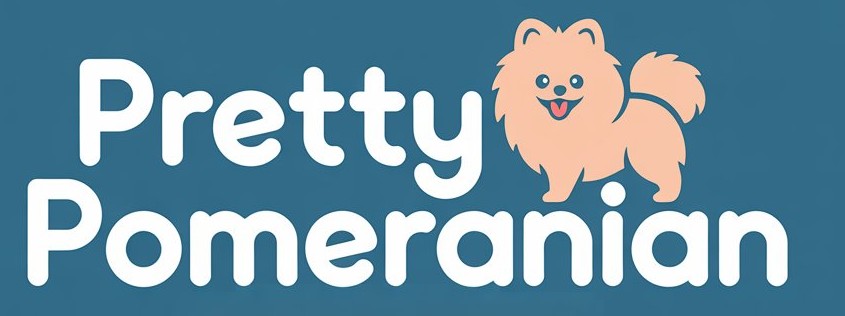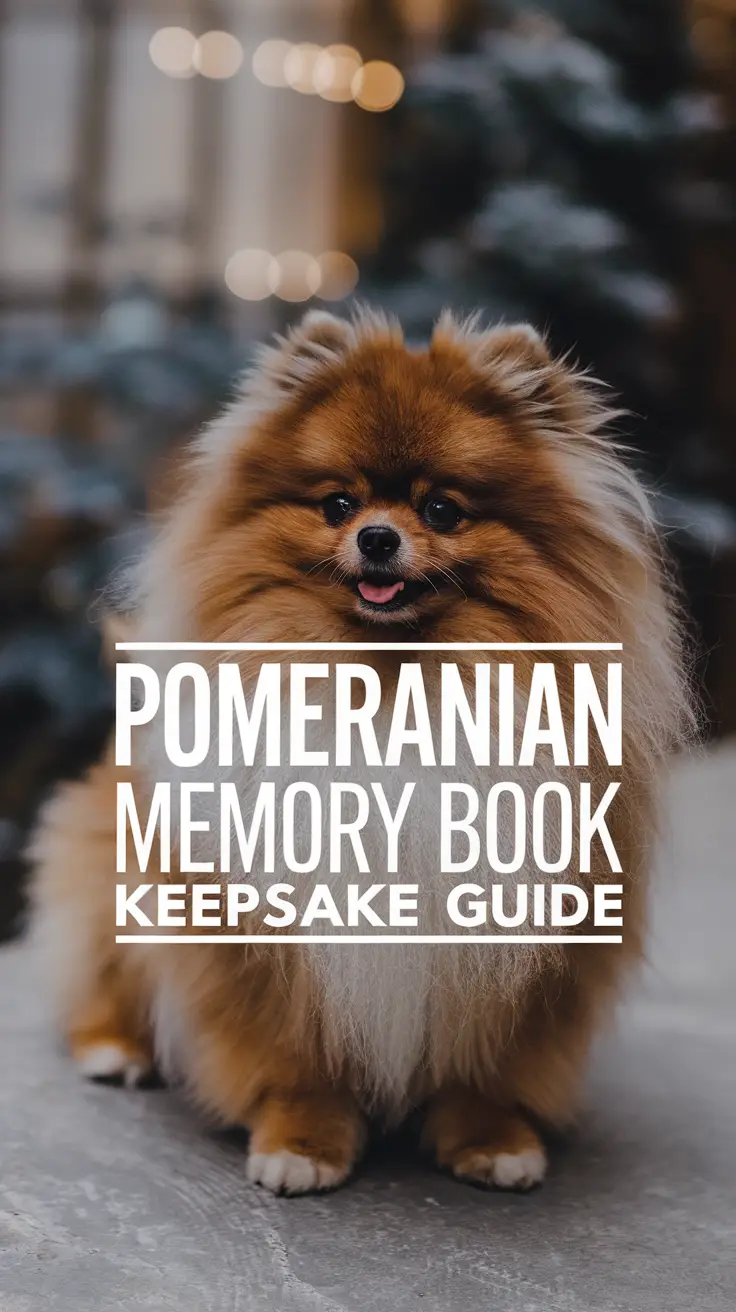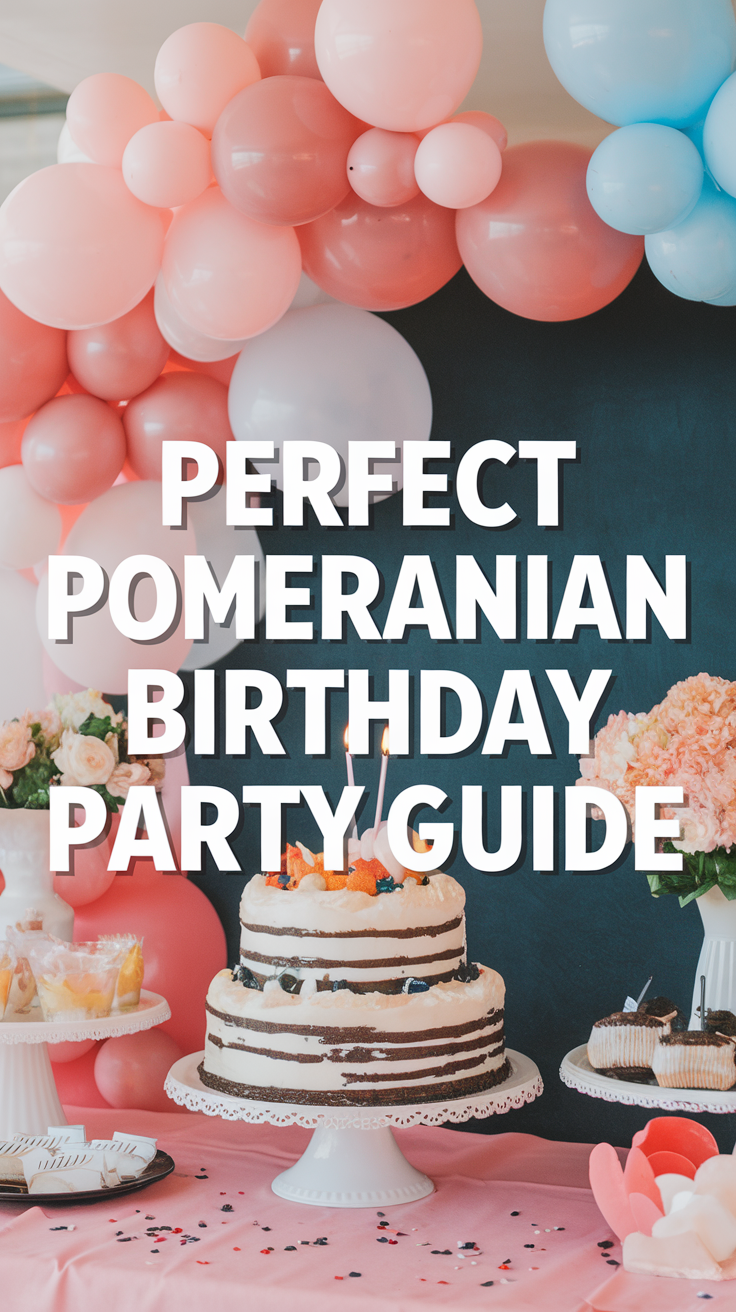Watching your fluffy companion enter their golden phase brings a bittersweet mix of deeper love and growing concern. As your Pomeranian transforms from energetic whirlwind to distinguished senior, you’re probably wondering how to keep them comfortable, healthy, and happy during these precious twilight times.
Quick Summary:
- Senior Pomeranians need modified exercise routines and specialized nutrition
- Regular health monitoring becomes crucial for catching age-related issues early
- Comfort adjustments at home can dramatically improve their quality of life
Recognizing When Your Pom Becomes a Senior
Most Pomeranians enter their senior phase around 7-8 years old, though my Sash started showing subtle changes closer to 6. The American Kennel Club defines senior dogs as those in their final 25% of expected lifespan, which for our long-lived Poms means roughly 7-10 years onward.
Early signs include:
- Slightly graying muzzle fur
- Longer recovery time after play sessions
- Preferring softer sleeping spots
- Mild hesitation before jumping
- More selective about food preferences
Nutrition: Fueling the Golden Years
Senior Pomeranians have unique dietary needs that differ significantly from their younger selves. I learned this lesson when Sash started leaving kibble in her bowl – something that would have been unthinkable in her puppy days!
Key Nutritional Changes
| Nutrient | Senior Need | Why It Matters |
|---|---|---|
| Protein | High-quality, easily digestible | Maintains muscle mass |
| Fat | Moderate levels | Prevents weight gain |
| Fiber | Increased | Aids digestion |
| Antioxidants | Enhanced | Supports cognitive function |
| Glucosamine | Supplemented | Joint health support |
Dr. Sarah Mitchell, a veterinary nutritionist, notes that “senior small breeds like Pomeranians often benefit from smaller, more frequent meals to maintain steady energy levels and prevent hypoglycemia.”
Exercise: Keeping Them Moving Safely
Gone are the days of marathon fetch sessions, but that doesn’t mean your senior Pom should become a couch potato. The trick is finding that sweet spot between activity and overexertion.
Modified Exercise Routine
- Morning gentle walks: 10-15 minutes on soft surfaces
- Swimming: Excellent low-impact option if available
- Mental stimulation games: Puzzle feeders and treat-dispensing toys
- Indoor play: Short bursts of gentle tug-of-war
- Massage sessions: Great for circulation and bonding
When Sash turned 9, I noticed she’d start panting heavily after our usual 20-minute walks. Rather than pushing through, we switched to two 10-minute strolls with a mid-walk rest on a park bench. She actually seemed happier with this arrangement – probably enjoyed the extra people-watching opportunities!
Health Monitoring: Your Senior Pom’s Wellness Team
Senior Pomeranians benefit from more frequent veterinary check-ups, typically every 6 months instead of annually. This proactive approach helps catch common age-related issues early.
Common Senior Pomeranian Health Concerns
- Luxating patella progression: Kneecap dislocation worsening with age
- Tracheal collapse: Breathing difficulties from weakened cartilage
- Heart murmurs: Common in older small breeds
- Dental disease: Increased risk due to small mouth size
- Cognitive dysfunction: Canine equivalent of dementia
- Vision changes: Cataracts or nuclear sclerosis
Home Health Monitoring Checklist
| Weekly Check | What to Look For | Red Flags |
|---|---|---|
| Weight | Consistent body condition | Sudden gain/loss |
| Appetite | Normal eating patterns | Refusing favorite foods |
| Mobility | Comfortable movement | Limping or stiffness |
| Breathing | Easy, quiet respiration | Persistent coughing |
| Behavior | Normal personality | Confusion or disorientation |
Creating a Senior-Friendly Environment
Small modifications to your home can make a world of difference for your aging Pomeranian. Think of it as creating a luxury retirement resort for your furry friend!
Home Comfort Modifications
- Orthopedic bedding: Memory foam beds ease joint pressure
- Non-slip rugs: Prevent falls on smooth floors
- Ramp access: Easy alternatives to jumping on furniture
- Elevated food bowls: Reduce neck strain during meals
- Night lights: Help with vision changes
- Easy-access litter areas: For those occasional indoor accidents
I installed a small ramp next to Sash’s favorite armchair after noticing her hesitating before jumping up. Initially, she looked at me like I’d lost my mind, but within a week, she was using it confidently. Now I catch her strutting up that ramp like she’s walking a red carpet!
Grooming Adjustments for Senior Comfort
Senior Pomeranians often need modified grooming routines. Their skin becomes more sensitive, and they may have less tolerance for lengthy grooming sessions.
Senior Grooming Tips
- Shorter, more frequent sessions
- Extra gentle brushing with softer tools
- Warm (not hot) bath water
- Quick-dry techniques to prevent chilling
- Regular nail trims to prevent mobility issues
- Gentle ear cleaning to prevent infections
Mental Stimulation and Cognitive Health
Keeping your senior Pom’s mind active is just as important as physical care. Cognitive dysfunction affects up to 50% of dogs over 11, according to veterinary behaviorists.
Brain-Boosting Activities
- Puzzle feeders: Make mealtime engaging
- New routes: Vary walking paths for mental stimulation
- Gentle training: Teaching new tricks keeps minds sharp
- Social interaction: Supervised visits with calm, friendly dogs
- Sensory games: Hide treats for sniffing adventures
Managing the Emotional Journey
Caring for a senior Pomeranian isn’t just about physical needs – it’s an emotional journey for both of you. Some days will be better than others, and that’s perfectly normal.
Remember that senior dogs often become more affectionate and dependent on their humans. Sash has transformed from an independent little diva into my constant shadow, and honestly, I wouldn’t have it any other way. These quiet moments together have become some of our most precious.
When to Seek Professional Help
Don’t hesitate to consult your veterinarian if you notice:
- Sudden behavior changes
- Loss of appetite lasting more than 24 hours
- Difficulty breathing or persistent coughing
- Mobility issues or apparent pain
- Disorientation or confusion
- Changes in bathroom habits
Your senior Pomeranian’s golden years can be filled with comfort, love, and joy with the right care approach. These devoted companions have given you their best years – now it’s time to return that gift. Every gentle walk, every comfortable nap, and every moment of understanding patience contributes to a legacy of love that honors the incredible journey you’ve shared together. The twilight phase isn’t an ending – it’s a beautiful transformation into something deeper and more meaningful than you ever imagined possible.




